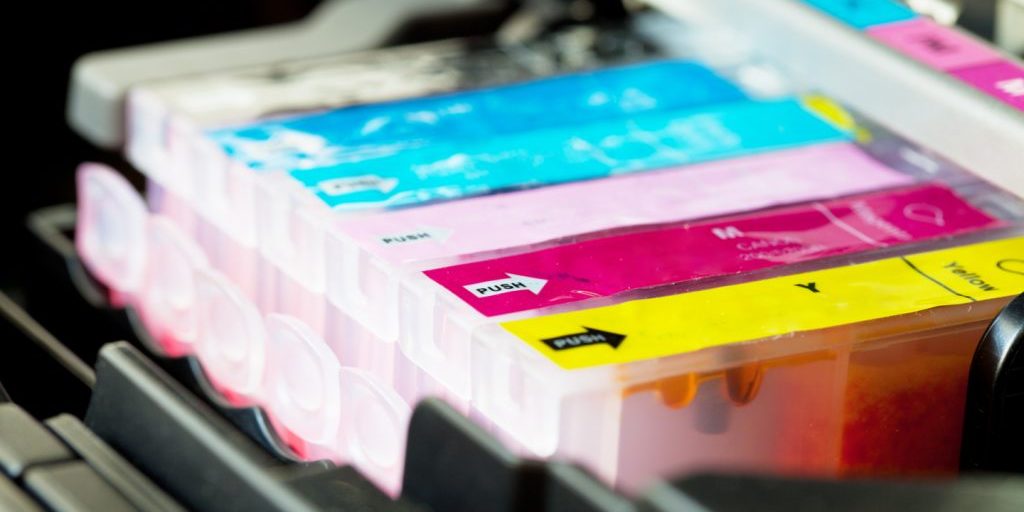Supreme Court Upholds Consumer Rights in Printer Toner Case
BY Brendan Conley

LISTEN
On May 30 the U.S. Supreme Court gave consumers and small technology companies a big win over patent owners, upholding the right of people to use and resell the products they buy.
The 7-1 decision, in a case called Impression Products v. Lexmark International, held that after a patent owner sells an item, the patent rights are “exhausted,” and the patent owner can not control what the buyer does with the product.
Lexmark which owns patents covering its printer toner cartridges sued to prevent remanufacturers from buying used cartridges, refilling them with toner and reselling them. The Supreme Court held that Lexmark’s sale of its cartridges exhausted its patent rights, whether the sale took place in the United States or internationally. The decision overturned a holding by the Federal Circuit that patent owners could retain the right to enforce restrictions on post-sale use or resale.
“Corporate restrictions on how products are used and resold are costly and onerous for consumers,” said Charles Duan, the Director of Patent Reform at Public Knowledge. “The decision today largely puts a stop to that practice, at least with respect to patent law.”
Public Knowledge filed an amicus brief together with Electronic Frontier Foundation, R Street Institute, the AARP Foundation and Mozilla, arguing that a long tradition of common law disfavors restraints on alienation and other post-sale restraints attached to property transfers.
The Supreme Court agreed. In an opinion delivered by Chief Justice Roberts, the Court said that the doctrine of exhaustion has an “impeccable historical pedigree” dating back to at least the 17th century, when English common law refused to permit “restraints on the alienation of chattels.” The Court opined that this Patent Act was enacted and revised by Congress against the backdrop of this “venerable principle.”
The Court had concluded, Roberts wrote, that “a patentee’s decision to sell a product exhausts all of its patent rights in that item, regardless of any restrictions the patentee purports to impose or the location of the sale.” Justice Ginsburg filed her own opinion, dissenting with regard to international sales. Justice Gorsuch, who was not on the Court when oral arguments were heard, did not take part in the decision.
The Court’s holding means that consumers will still be able to buy cheaper refurbished printer cartridges, which is not an insignificant victory, since Consumer Reports estimates that printer ink is one of the most expensive liquids sold, often pricier than fine champagnes and perfumes. However, advocates say the decision will have a far greater impact, because the kinds of rights addressed in the case arise in many other contexts.
As the Electronic Frontier Foundation and others argued in their amicus brief, product sellers frequently attempt to use intellectual property rights and contracts of adhesion to restrict consumer rights like free speech and privacy. Terms of service may prevent users from fixing security problems or writing negative reviews of a product. Product manufacturers may use digital rights management software to enforce brand loyalty. Makers of internet-connected devices may require a subscription in order for the device to function. The Supreme Court's decision may make it easier for consumers to fight back in these arenas.
While advocates claimed a clear victory for consumers in this case, Duan said that consumers are still burdened with other unfair restrictions in the realms of trademark law, copyright law and end-user license agreements.
“We will continue to oppose these breaches upon consumer ownership rights in these areas,” said Duan.
LATEST STORIES



